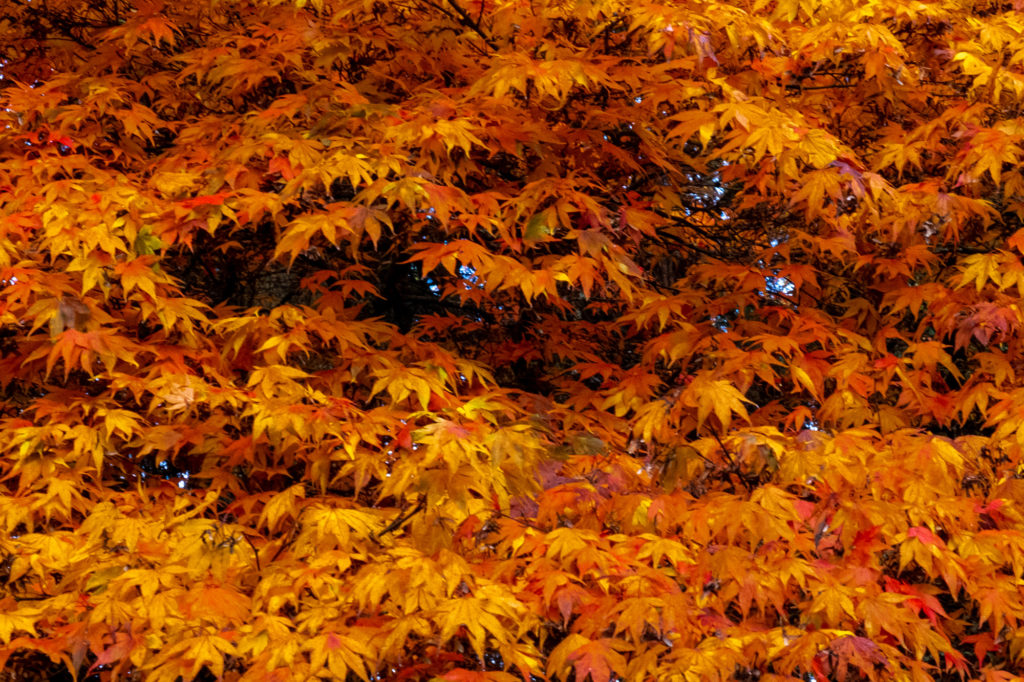Our media are showing restaurants and bars, cinemas and sports. There is an emphasis on we are missing. On the face of it, the global media appear to be pandering to and reinforcing our anxieties.


© Simon Robinson 2019
Imagine this as a scarf? simonscarves at FabHappy
Perhaps good news doesn’t sell. Yet the lockdowns are good news. Thousands of people you don’t know will live longer because of the protection your sacrifice creates for them.
Some say that freedom means openness. Some argue that freedom is being ready to change for the sake of greater human values. Some say that freedom is our capacity to shape our personal destiny. I think that capacity is within us all. I think that freedom is having the right to attempt to realise such capacities. In short, somewhat ironically, there must be a network that supports such rights in order to enjoy any freedoms.
There are those who argue that anxiety leads many people to seek security and authority in periods of social disruption. I think they have a point. Hitler wasn’t the only leader who thrived by promoting anxiety.
Our dog, Gus, was rescued from unknown abuse as a puppy. His most obvious characteristic remains his insecurity. He continues to be apprehensive about almost everything outside his pack. And he’s just short of his 15th birthday. He never got over anxieties though he’s much calmer about them. I can’t know if Gus was born naturally fearful. I can’t even know the extent to which Gus was actually abused. I can say that he was not socialised correctly as a puppy and that his anxieties were thus nurtured. Freedom from anxiety for him is to be locked up.
Even now, he sleeps in a cage, pacing the room anxiously if we don’t lock it up at night. He can spend eight or nine hours by night in that palace, asleep with the knowledge that he is safe and secure.
Current neuroscience considers that many emotional responses are subconscious brain activities. All sentient organisms are thought to develop an emotional response before recognising the stimulus. Think flight or flight emotions rather than anger with the visiting child that just drew on your Picasso with an indelible marker.
Existentialist Soren Kierkegaard wrote of anxiety as being the ‘dizziness of freedom’. His argument in 1844 was that without anxiety there would be limited capacity to develop as a human being.
Other have argued that we also grow from all of the painful emotional experience that we endure.
You really should have put that Picasso behind glass. You probably will next time.
The gospel song ‘We Shall Overcome’ came to mind this morning. It has become a civil rights anthem adopted to all sorts causes. I recall singing it on Grafton Street during student protests in the 1970s. I realised then that its enduring power was in its promise. ‘We shall overcome someday.’
This is the very embodiment of freedom to my current mind. Anxiety is the obverse – ‘someday’ is when exactly? Obverse being the front of the coin. We appear to start with anxiety and flip it to see our freedoms.
Unfortunately, we need to be socialised properly from birth in order to have such expectations. And be lucky to born into a society that supports our rights to grow and thrive and pass those rights on.
Else we’ll need to remain caged by night.
‘We shall overcome someday. Deep in my heart, I do believe.’

Leave a Reply